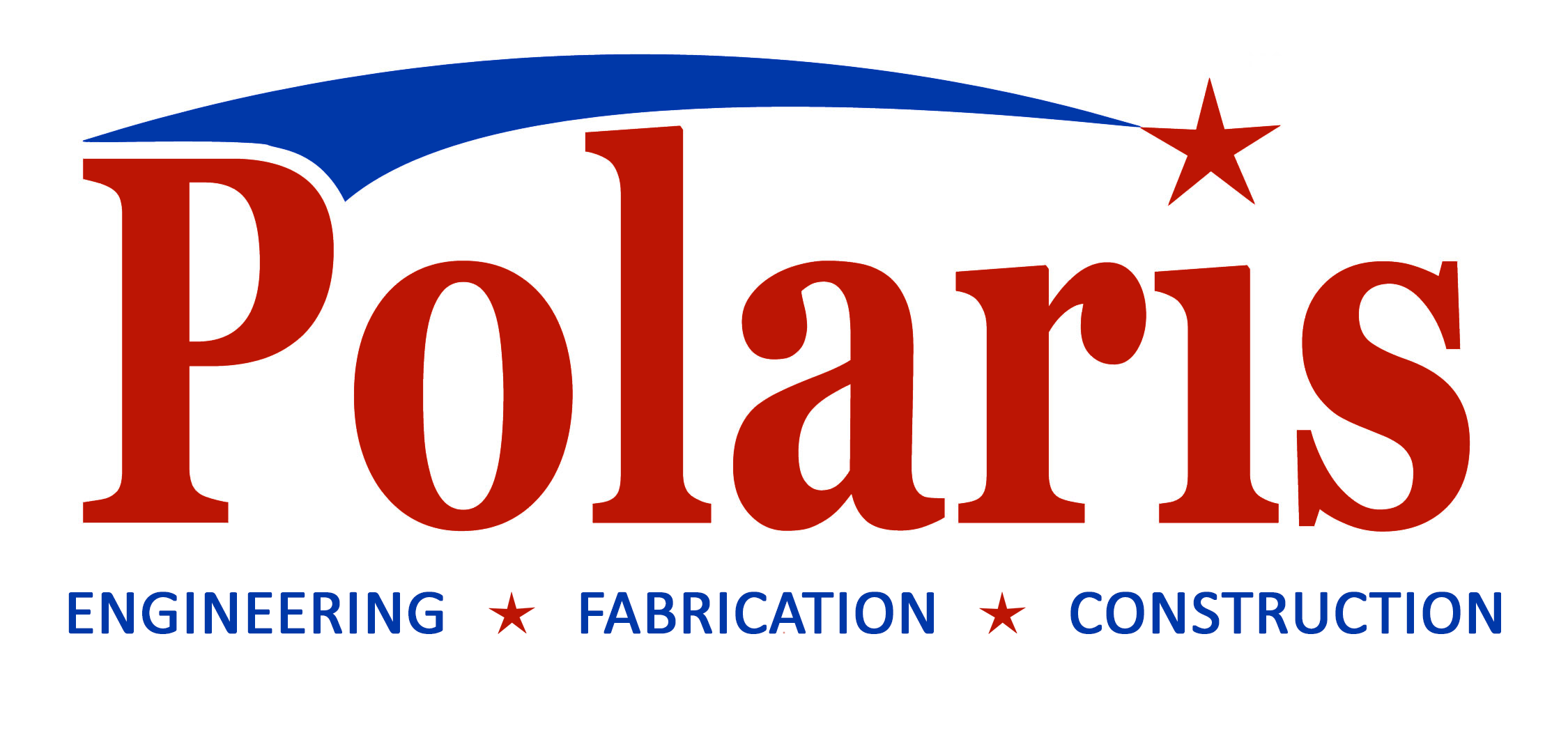- Home
- /
- THE THIN GREEN LINE

POLARIS EPC – THE THIN GREEN LINE
Polaris EPC is a business taking on a unique challenge, bringing down the carbon emissions of crude oil refineries.
As Seen in Business Focus Magazine.
For over 26 years Polaris Engineering, Procurement and Construction has been operating in the industrial hub of Southwest Louisiana. This full-service engineering, procurement, and construction (EPC) company serves the refining and petrochemical industries in the US and around the world, but it started out offering a simple process engineering consulting service.
“My business partner, Mike Nodier and I started the business 26 years ago in Lake Charles in Louisiana,” recalls co-founder Gerry Obluda. “Over the years we’ve grown to become a full-service firm capable of full EPC work to the extent that we can build entire facilities.”
Polaris has been able to succeed in this journey helping its clients find innovative and cost-effective process solutions to their operating and debottlenecking challenges. The expertise the company holds in this arena is a source of pride for the company even today when its scope has expanded far beyond its original offering.
Polaris has built on its initial successes, adding engineering and design disciplines to its portfolio to enable the company to provide full project development and project management capabilities to its clients. Today Polaris has successfully implemented projects from conception through start-up, providing cost-effective Engineering, Procurement, and Construction Services using a business model that focuses on small to medium projects.
“We take projects from concept to completion,” Obluda tells us. “We’re not a gigantic company, we’re relatively small and nimble, but we think of our competition as the giant turnkey project providers. Our clientele is not Exxon or Shell, they are more entrepreneurial firms.”
A Refined Solution
Right now, Polaris EPC is taking that expertise and directing it towards the most pressing issue facing perhaps the entire petrochemical sector right now. The refining industry is the third-largest emitter of CO2 in the world. So far, little has been done within the refining sector to reduce its carbon footprint substantially. As Obluda points out, all the measures deployed by the refining industry so far have been to reduce its carbon footprint by adding on renewable diesel production solutions.
“Nobody is talking about reducing actual emissions from oil refining,” Obluda says. “The refining of fossil fuels is going to go on for a long time, so our idea is to do refining better.”
In seeking to address this challenge, Obluda points to an odd quirk of the US oil industry as it stands.
“An amazing thing in the US is we’re producing all this light, sweet, crude all of a sudden, and light sweet crude can more easily be converted to finished transportation fuels,” he explains. “But all our existing refining base, which has been built up over more than 60 years, is set up to run primarily heavy sour crude. Upgrading heavy sour crude uses a large amount of energy and makes a ton of emissions but that’s how they’re set up. So, we export all this light sweet crude and import heavy sour crude to fill up our refineries. It’s kind of crazy when you think about it. We load up tankers of Saudi Arabian crude and bring them here to refine while exporting ours.”
To Obluda the solution seems straightforward. Refine all that light, sweet crude near the point of production, applying new technologies to the refinery that can dramatically reduce the carbon footprint of the refining process.
“All this light sweet crude is being produced in West Texas, and rather than shipping it out to the coast and across the ocean, we want to refine it right there where we produce it, refine it very cleanly, and sell the clean finished products locally,” Obluda says.
If this seems like a dramatic change, it is at the very least not unprecedented.
“It’s come full circle,” Obluda points out. “If you look back to the very beginning of refining, 120 years ago, they built little refineries close to where they produced crude to supply local markets. You didn’t have the current situation where crude is moved all over the world to refine and make products. But those refineries went the way of the dinosaur when they started building these mega plants. Now we’re once again seeing how it’s going to be better to build new plants closer to where crude is produced and thus be able to apply the latest emissions control technologies. Why export crude and import refined products to these areas? We think there’s room and space and interest in making refining better and quicker. And we have recently received a US Patent for our design to achieve these results.”
Between a Rock and a Hard Place
Polaris is presenting a solid, practical solution, but it is one that Obluda believes will receive pushback from multiple directions.
“I think the existing industry is not going to be very interested in what we’re doing because everyone’s kind of accepted you can’t change refining. We’re trying to change that mindset,” he acknowledges. “Existing refineries won’t like it when they see people saying refining can be done cleaner and better. The existing industry won’t be very receptive.”
At the same time, environmentalists pushing for a complete shift to renewable energy can often overlook short-term but practical solutions to mitigate the environmental cost of the existing petrochemical industry.
“Anything at all to do with fossil fuels is looked at negatively these days. We focus on it being clean, our idea is that fossil fuels aren’t going away overnight, so while we’re using them let’s do it more cleanly,” Obluda argues. “We’re making the case based on the beauty of how much we can reduce emissions. A lot of the other green projects don’t necessarily have economic payouts. Most straight-up carbon reduction projects rely on ESG pressures and very limited tax breaks for government subsidies.”
Polaris EPC’s project, while being green and reducing emissions by 95% is also built on a foundation of good base economics, leveraging its location advantages.
“We plan to put these in the right locations, where the crude’s being produced and there’s local market demand,” Obluda explains. “Even without its environmental features, our projects can be an attractive investment.”
It is a plan Obluda wants to roll out as far as possible, and the early steps have been promising.
“We’d like to get multiples of these projects under construction. We have two so far that have been permitted for construction and operation in West Texas. Their owners are in the process of advancing those projects to further development,” Obluda reports. “We’d like to do more of them, we can see ourselves exporting this idea around the world. There’s a lot of room to put these in regions where crude is produced but finished products are imported.”

